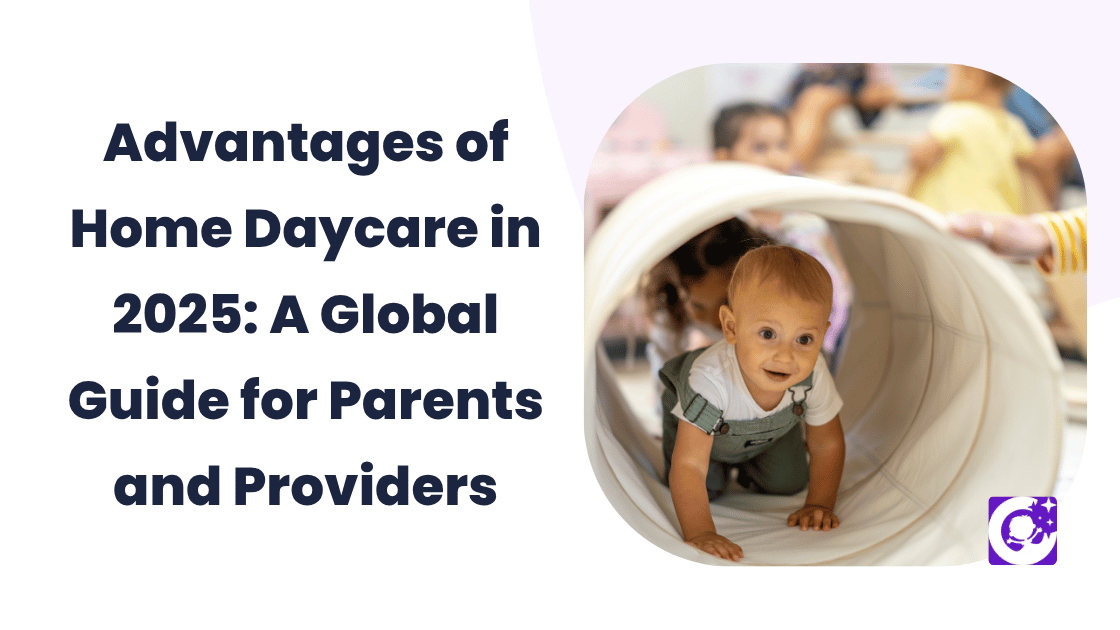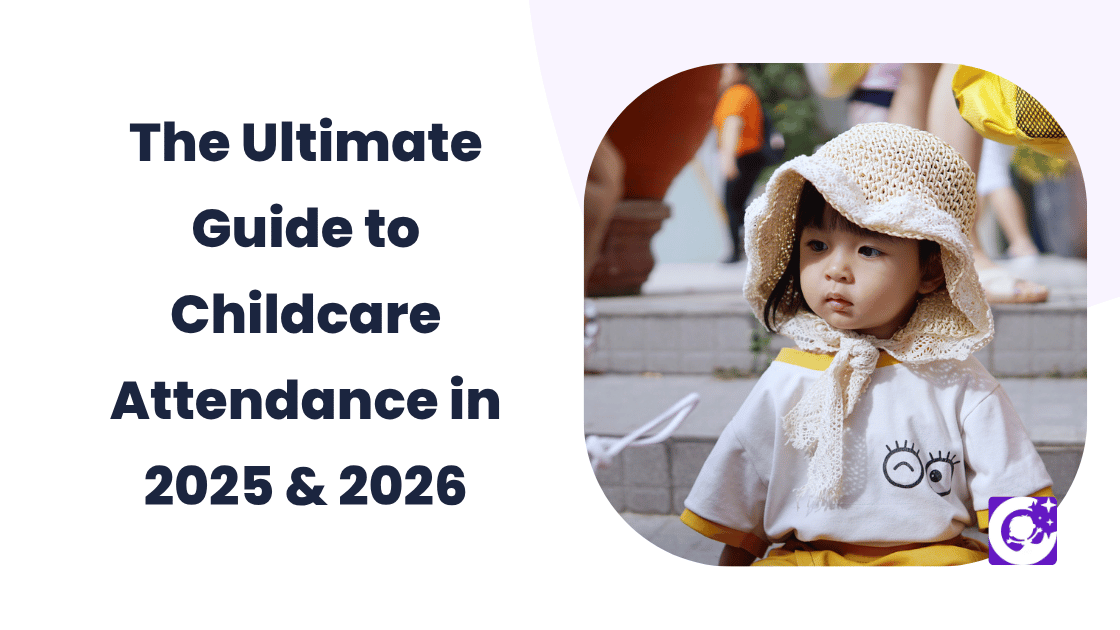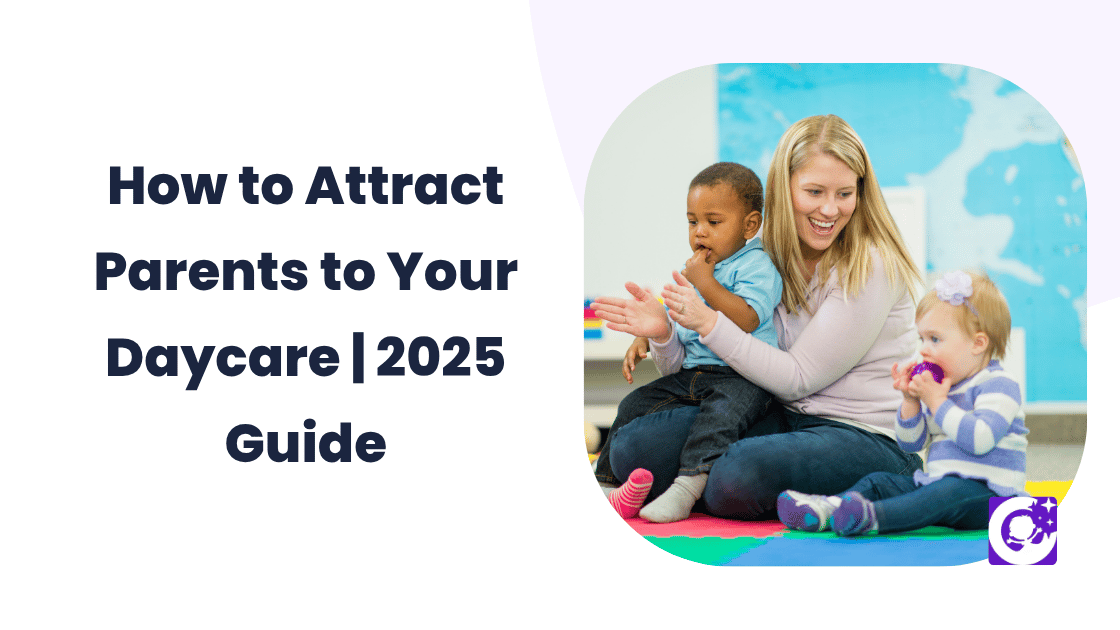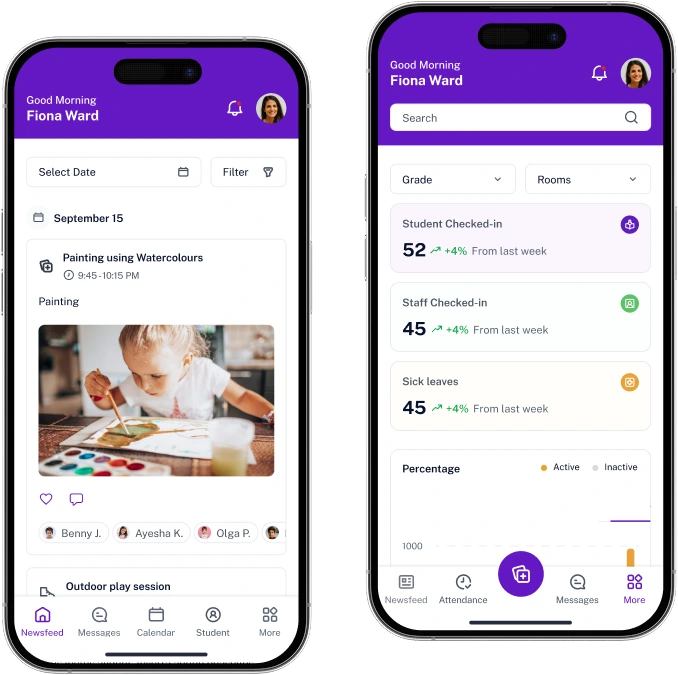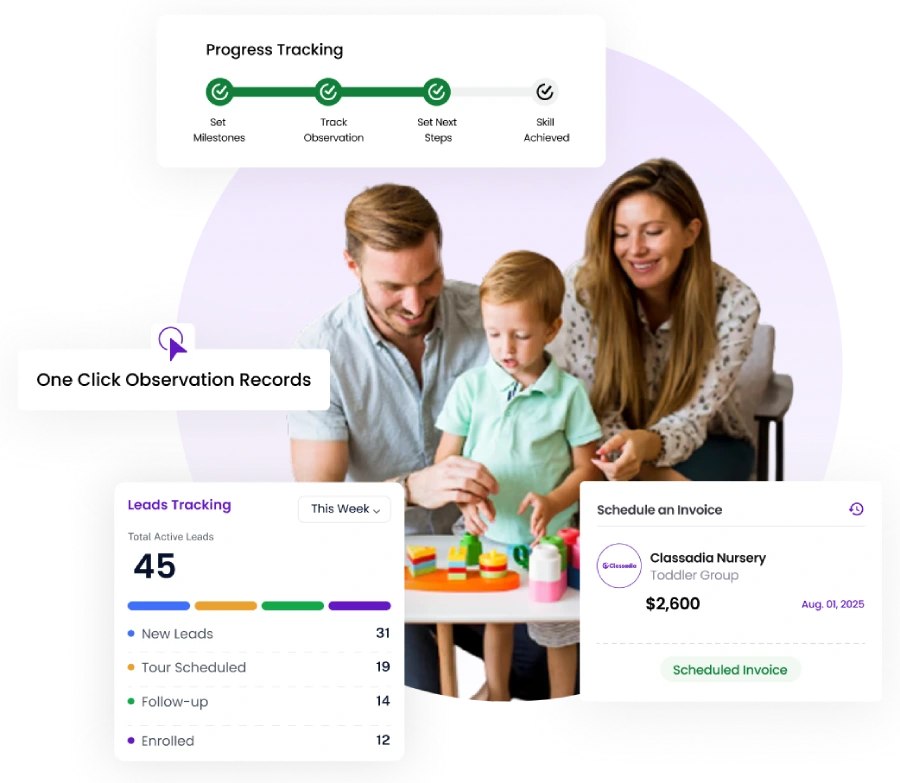Why Home Daycare Is Growing Worldwide
Across the globe in 2025, families are increasingly turning to home daycare as a preferred childcare model. Whether you’re in the U.S., UK, UAE, India, Canada, or Australia, the reasons are consistent: personalized care, flexibility, affordability, and a stronger connection between families and caregivers are among the few advantages of home daycare.
Home-based daycare isn’t just an alternative—it’s becoming a mainstream solution for modern families seeking high-quality, trusted early education in an intimate, familiar setting.
What Is a Home Daycare?
A home daycare (or family daycare) is a small-scale childcare setting run in a provider’s residence. Unlike large early learning centers, home daycares:
- Care for fewer children
- Offer a more relaxed, home-like environment
- Provide personalized routines and learning
- Operate with more flexible hours
It’s a model widely adopted across continents—with local licensing requirements—but the core benefits or advantages of home daycare remain the same.
1. More Personalized Care and Attention
Smaller group sizes allow caregivers to offer individualized support. Children receive close supervision, tailored routines, and personal attention that’s hard to match in high-capacity daycare centers.
- Ideal for infants and toddlers needing one-on-one care
- Allows educators to better understand and support each child’s development
- Supports social-emotional growth and secure attachments
2. A Familiar, Home-Like Learning Environment
Children learn best when they feel safe. A home daycare replicates many aspects of a child’s own home—offering a calm, nurturing atmosphere that eases the transition from parental care.
- Fewer sensory triggers and less stress
- Natural routines like meals, naps, and free play
- Encourages emotional stability and comfort
3. Greater Flexibility for Working Parents
Across the globe, parents have varying work schedules. Home daycare providers are often more flexible with:
- Drop-off and pick-up times
- Part-time care options
- Holiday and school break coverage
This flexibility makes home daycare a valuable solution for families with unique routines or limited access to full-time childcare.
4. Lower Costs Compared to Traditional Daycare Centers
One of the biggest global advantages of home daycare is cost savings.
- Home daycares often have lower overheads, resulting in more affordable fees
- Many offer sliding scales or hourly billing
- Reduces financial pressure without sacrificing care quality
💡 Tip: Use childcare billing software to ensure smooth invoicing and payments across currencies and care schedules.
5. Stronger Bonds with Parents and Families
Home daycare providers often become trusted family partners. With fewer families to manage, caregivers can form meaningful relationships with parents, leading to better communication and alignment on child development goals.
- More consistent daily feedback and updates
- Shared routines between home and daycare
- Builds trust, collaboration, and mutual respect
🧩 Related: Parent Communication Software for Home Daycare
6. Mixed-Age Group Learning
Unlike traditional classrooms, home daycares usually welcome children of various ages. This natural setting supports peer learning, mentoring, and empathy.
- Older children model behavior for younger ones
- Younger children learn social cues faster
- Encourages independence and group dynamics
7. Greater Continuity and Emotional Security
With home daycare, children often stay with the same caregiver for years—building secure attachments and consistency.
- Less staff turnover compared to larger centers
- Stronger emotional bonds and behavior regulation
- Reduces the stress of transitions
8. Encourages Child-Led Learning and Exploration
Many home daycare providers follow play-based or Montessori-inspired methods, encouraging child-led discovery over rigid lesson plans.
- Activities adapted to each child’s interests and pace
- Fosters creativity, curiosity, and independence
- Reduces pressure and burnout in early years
FAQs: Home Daycare Around the World
Q: Is home daycare regulated globally?
Yes. Regulations vary by country and region, but many governments offer certification programs and safety standards for in-home childcare providers.
Q: What’s the typical group size in a home daycare?
Most home daycare settings care for 4–8 children at a time, depending on local laws.
Q: How do I know if a home daycare is trustworthy?
Look for licensed providers, visit the environment, read reviews, and assess how transparent they are about routines, safety, and communication.
Q: Are home daycare apps available?
Yes. Many providers now use mobile-first tools like Classadia to manage attendance, billing, and real-time updates to parents—globally accessible and scalable.
Who Should Consider Home Daycare?
- Parents seeking a flexible, nurturing alternative to institutional childcare
- Caregivers interested in starting their own business in early education
- Educators looking to provide personalized care in a home setting
Whether you’re in a city or rural area, a home daycare can offer the ideal balance between professional care and the comfort of a home environment.
Final Thoughts: Why Home Daycare Works in Every Culture
The core values behind home daycare—trust, flexibility, care, and connection—are universally important. As families and caregivers around the world seek more personalized, manageable solutions to early education, home-based childcare is proving to be a forward-thinking, globally adaptable model.
Explore More with Classadia:
- Book a Free Demo of Classadia to support your home daycare
- Discover Daycare Accounting Tools for In-Home Providers

